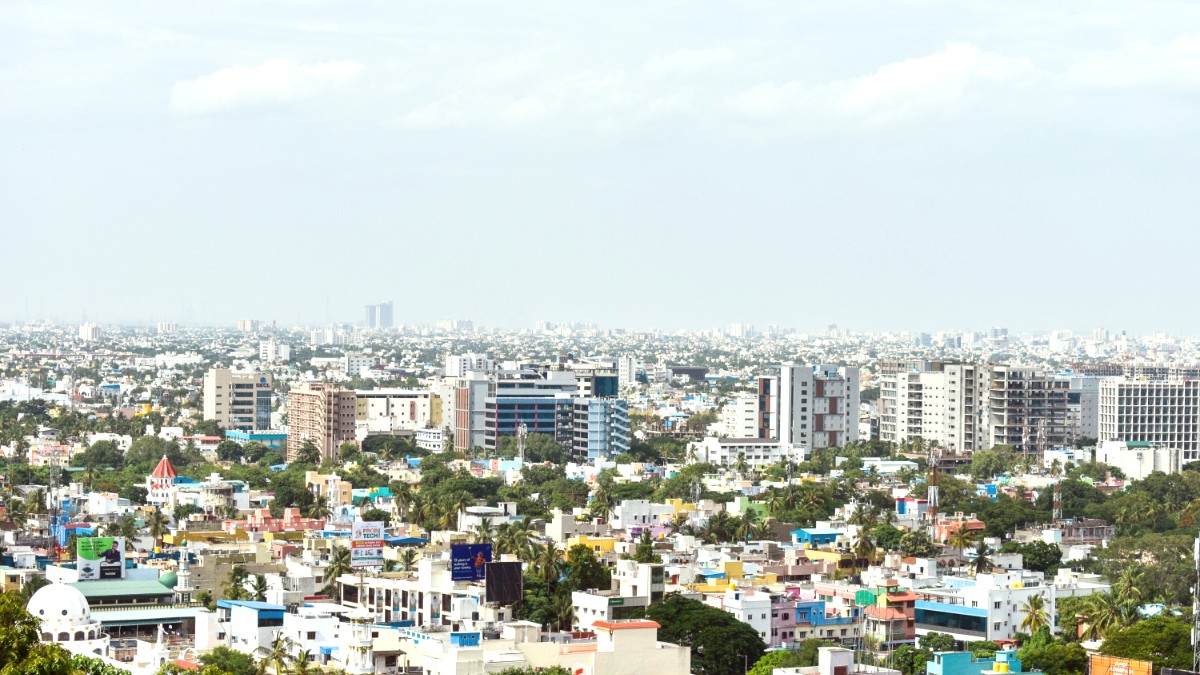
Tamil Nadu, India
An important urban ecosystem that calls for respect and protection. Stay on designated paths.
A wetland. Avoid littering, and respect wildlife by maintaining a distance and not feeding animals.
A conservation and research center for reptiles. Support their work by visiting and adhering to guidelines.
Adopt practices that protect local resources and communities during your travel.
Plastic waste presents a famous issue in India. Travelers should actively minimize their plastic footprint.
Chennai faces water scarcity challenges. Be mindful of your water usage.
Support fair trade and local artisans directly to contribute to their livelihoods.
Choose operators committed to sustainable tourism and community benefits.
Support traditional artists and cultural institutions that preserve heritage.
Support conservation effortsAppreciate and help conserve Chennai's historical sites and architecture.
Learn about conservationYour travel decisions can positively impact Chennai's environment and culture. Make choices that protect the planet.
Deepen your appreciation for Chennai by understanding and respecting its cultural subtleties.
Engage with locals with courtesy and an open mind to create positive experiences.
Be mindful of privacy and sacredness when taking photos or visiting holy places.
Embrace local customs for an authentic culinary experience and show cultural awareness.
Awareness of cultural taboos helps ensure respectful and positive interactions.
Engaging thoughtfully with local culture creates memorable and meaningful experiences.
Support initiatives that conserve traditional arts and heritage buildings.
Purchase from local artisans and avoid exploitative activities like begging.
Choose tour operators committed to ethical and sustainable practices.
Your conduct shapes your experience and your impact on the local culture. A little awareness contributes significantly.
Your travel choices can have a direct and positive economic impact on Chennai's communities.
Directly contribute to the livelihoods of local residents by choosing local services and goods.
Ensure your purchases benefit the creators directly, supporting ethical trade practices.
Seek opportunities to interact and learn from local communities for a more profound experience.
Be vigilant against exploitation and harmful activities to preserve ethical tourism.
Your financial choices have a direct bearing on the local economy.
Every rupee spent locally recirculates in the community, strengthening it.
Local businesses offer unique insights unavailable elsewhere, enriching your trip.
Your choices aid in building a stronger and more resilient local economy.
If you wish to help, donate to reputable local charities that support children, education, or social welfare programs, rather than giving directly to individuals.
Making thoughtful financial decisions during your travels supports local communities and promotes responsible tourism practices.